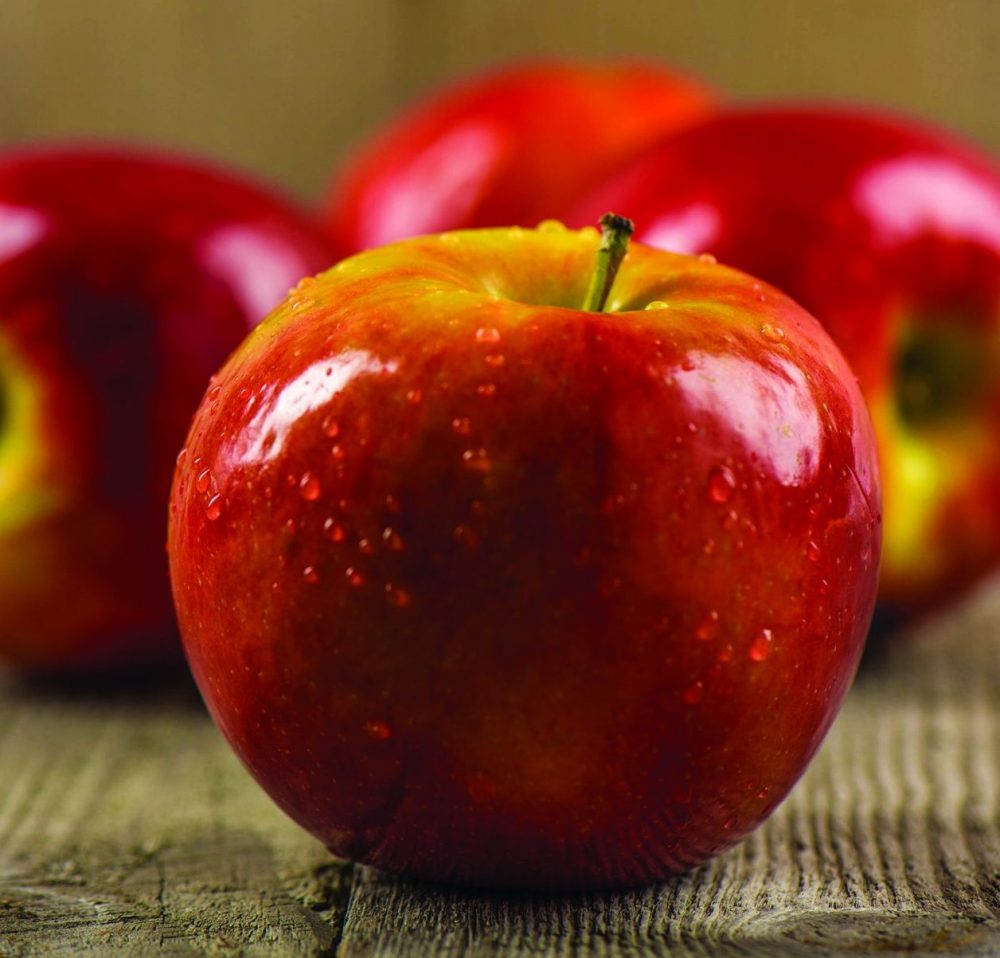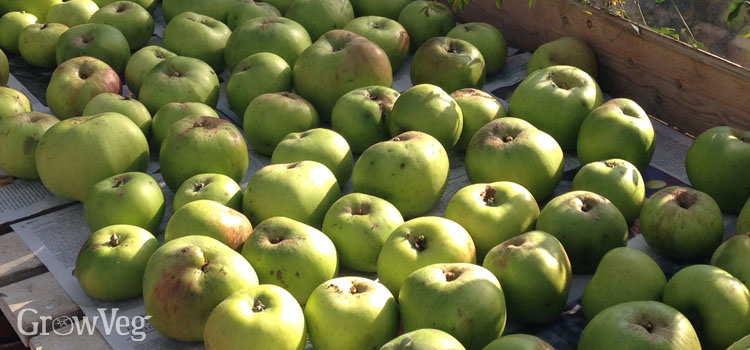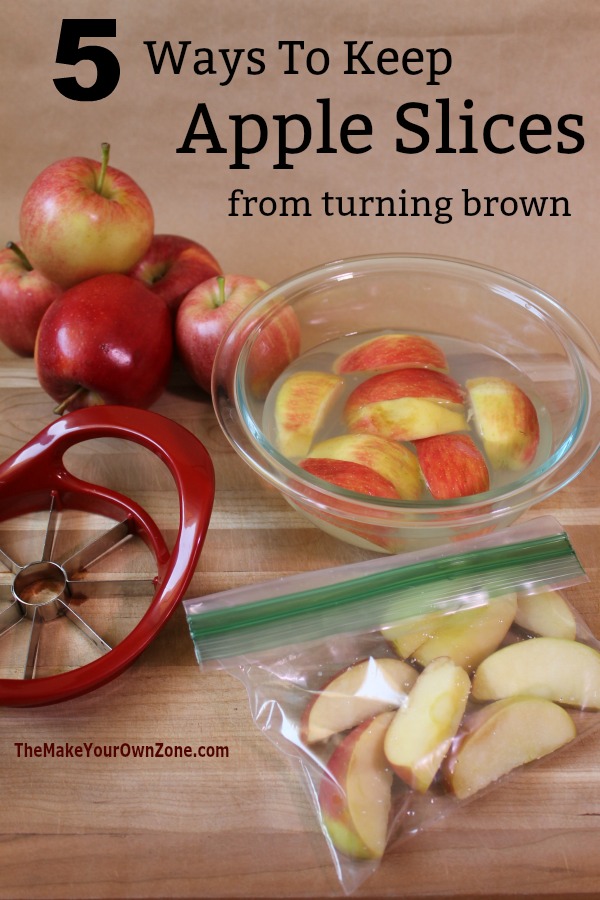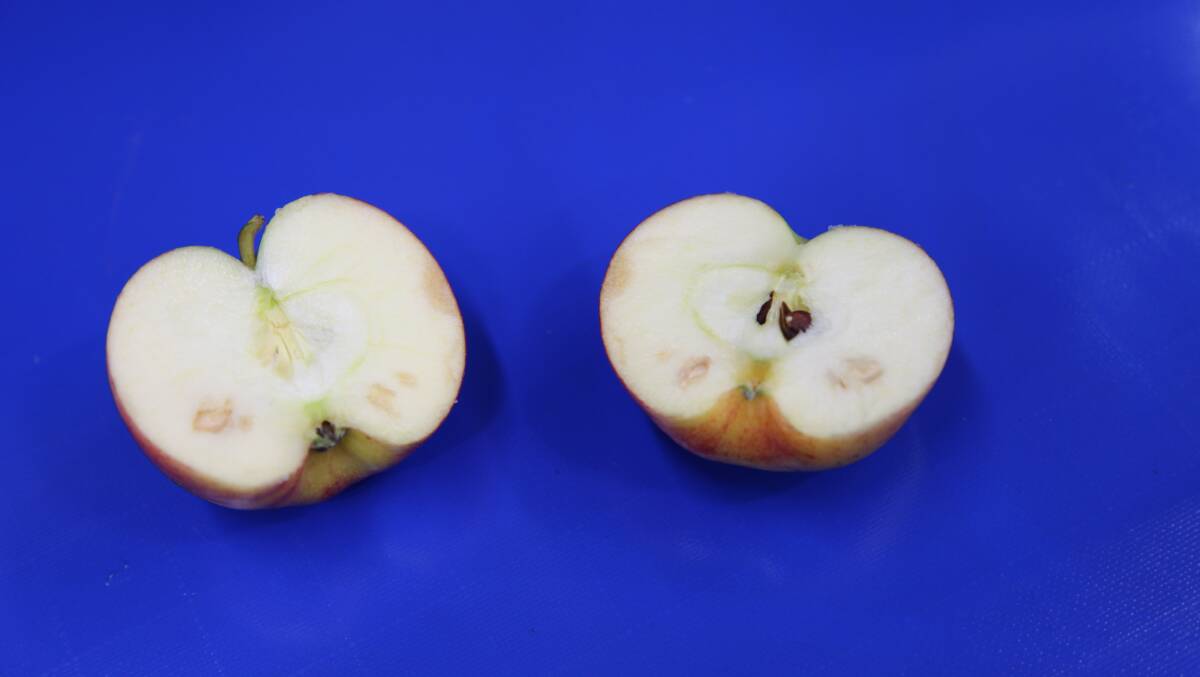The Ideal Storage Conditions for Fresh Apples
When it comes to how to store fresh apples, understanding the ideal storage conditions is crucial. Temperature, humidity, and light exposure all play a significant role in affecting apple quality and shelf life. Apples stored at room temperature (around 68°F to 72°F) will typically last for a shorter period than those stored in a cooler environment (around 32°F to 40°F). High humidity can lead to moisture accumulation, causing apples to spoil faster. By storing apples in a well-ventilated area, you can reduce the risk of moisture buildup and maintain a healthy environment for your apples. This is especially important when learning how to store fresh apples, as it can make a significant difference in their shelf life. In fact, proper storage conditions can help keep apples fresh for several months. By following these simple guidelines, you can enjoy your fresh apples for a longer period and learn how to store fresh apples effectively. For instance, storing apples in a cool, dry place with good air circulation can significantly extend their shelf life and keep them fresh for a longer period. This is because cool temperatures slow down the ripening process, while dry conditions prevent moisture buildup. Additionally, good air circulation helps to remove ethylene gas, a natural byproduct of fruit ripening that can accelerate spoilage. By controlling these factors, you can create an ideal environment for storing fresh apples and enjoy them for a longer period.
Choosing the Right Storage Container for Your Apples
When it comes to how to store fresh apples, selecting the right storage container is crucial. There are several options available, each with its benefits and drawbacks. Paper bags, for instance, are a popular choice for storing apples. They allow for airflow, which helps to prevent moisture buildup and maintain a healthy environment for the apples. However, paper bags can be prone to tearing and may not provide adequate protection against bruising. Plastic bags, on the other hand, offer better protection against bruising but can trap moisture, leading to spoilage. Ventilated containers, such as mesh bags or baskets, provide excellent airflow and can help to maintain a consistent temperature, making them an ideal choice for storing apples. Regardless of the container chosen, it’s essential to ensure that it is clean, dry, and free of any strong-smelling foods that can affect the flavor and aroma of the apples. By selecting the right storage container, you can help to preserve the freshness and quality of your apples, making them last longer and taste better.
How to Handle Apples to Prevent Bruising and Damage
When it comes to how to store fresh apples, proper handling is crucial to prevent bruising and damage. Apples are a delicate fruit, and rough handling can cause them to spoil faster. To handle apples gently, it’s essential to avoid dropping or tossing them, as this can cause bruising and damage to the skin. Instead, place apples in a container or bag carefully, making sure not to stack them too high or apply excessive pressure. When selecting apples, choose those that are free of bruises and damage, as these can spread to other apples during storage. It’s also important not to wash apples before storing them, as excess moisture can lead to spoilage. Instead, gently wipe apples with a clean, dry cloth to remove any dirt or debris. When apples need to be washed, use cold water and a mild detergent, and dry them thoroughly before storing. By handling apples with care, you can help to prevent bruising and damage, ensuring that your apples remain fresh and crunchy for a longer period.
The Role of Ethylene Production in Apple Ripening
Ethylene production plays a significant role in apple ripening, and understanding how to manage it is crucial for how to store fresh apples. Ethylene is a natural gas produced by fruits and vegetables as they ripen, and it can accelerate the ripening process. Apples, in particular, are sensitive to ethylene, and exposure to high levels can cause them to ripen faster. To slow down the ripening process, it’s essential to store apples in a way that minimizes ethylene production. This can be achieved by storing apples in a cool, dry place with good air circulation, as mentioned earlier. Additionally, storing apples away from other fruits and vegetables that produce high levels of ethylene, such as bananas and tomatoes, can also help to slow down the ripening process. When storing apples with other fruits and vegetables, it’s best to group them according to their ethylene production levels. For example, store apples with other low-ethylene producing fruits like citrus fruits or berries. By managing ethylene production, you can help to extend the shelf life of your apples and keep them fresh for a longer period.
Storing Apples by Variety: What You Need to Know
When it comes to how to store fresh apples, understanding the specific storage requirements for different apple varieties is crucial. Not all apples are created equal, and some are better suited for short-term storage while others can be stored for longer periods. For example, Granny Smith apples are known for their long shelf life and can be stored for up to 12 months, making them an ideal choice for long-term storage. On the other hand, Fuji apples are best consumed within 6-8 months, as they tend to become mealy and lose their crunchiness if stored for too long. Honeycrisp apples, with their high water content, are more prone to spoilage and should be consumed within 3-4 months. By understanding the unique storage requirements for each apple variety, you can optimize your storage strategy and ensure that your apples remain fresh and crunchy for as long as possible. This knowledge will also help you to plan your apple purchases and storage accordingly, ensuring that you always have a steady supply of fresh apples on hand.
Monitoring Apple Quality and Detecting Spoilage
Regularly monitoring the quality of stored apples is crucial to maintaining their freshness and preventing spoilage. When learning how to store fresh apples, it’s essential to know the signs of spoilage, which can include soft spots, mold, and a sour smell. To detect spoilage, inspect stored apples regularly, ideally every 1-2 weeks, and remove any that show signs of decay. This will prevent contamination and ensure that the remaining apples remain fresh for a longer period. It’s also important to store apples in a way that allows for good air circulation, as this can help to prevent moisture buildup and reduce the risk of spoilage. By regularly inspecting stored apples and removing any spoiled ones, you can enjoy fresh, crunchy apples for months to come.
Using the “First In, First Out” Rule for Optimal Apple Storage
When it comes to how to store fresh apples, one of the most important principles to follow is the “first in, first out” rule. This approach ensures that older apples are consumed before they spoil, making way for newer apples to remain fresh for longer. By storing apples in a way that allows for easy rotation, you can ensure that the oldest apples are always at the front of the storage container, making it easy to grab and use them before they go bad. This approach is especially important when storing apples in large quantities, as it can be easy to forget which apples were stored first. By following the “first in, first out” rule, you can enjoy fresh, crunchy apples for months to come, and reduce the risk of spoilage and waste. Additionally, this approach can help you to keep track of how long your apples have been stored, making it easier to plan your apple purchases and storage accordingly.
Tips for Storing Apples in Small Spaces or on the Go
When it comes to how to store fresh apples, it’s not always necessary to have a large storage space. Whether you live in a small apartment, dorm room, or are always on the go, there are ways to store apples that will keep them fresh and crunchy. For small spaces, consider using stackable containers or baskets that can be easily stored in a closet or on a shelf. Look for containers with good air circulation to prevent moisture buildup and spoilage. When storing apples on the go, use a lunchbox or backpack with a breathable compartment to keep apples fresh and protected from bruising. You can also use individual apple bags or wraps to store apples in small spaces, such as a desk drawer or purse. By following these tips, you can enjoy fresh apples anywhere, anytime, and learn how to store fresh apples in even the smallest of spaces.








